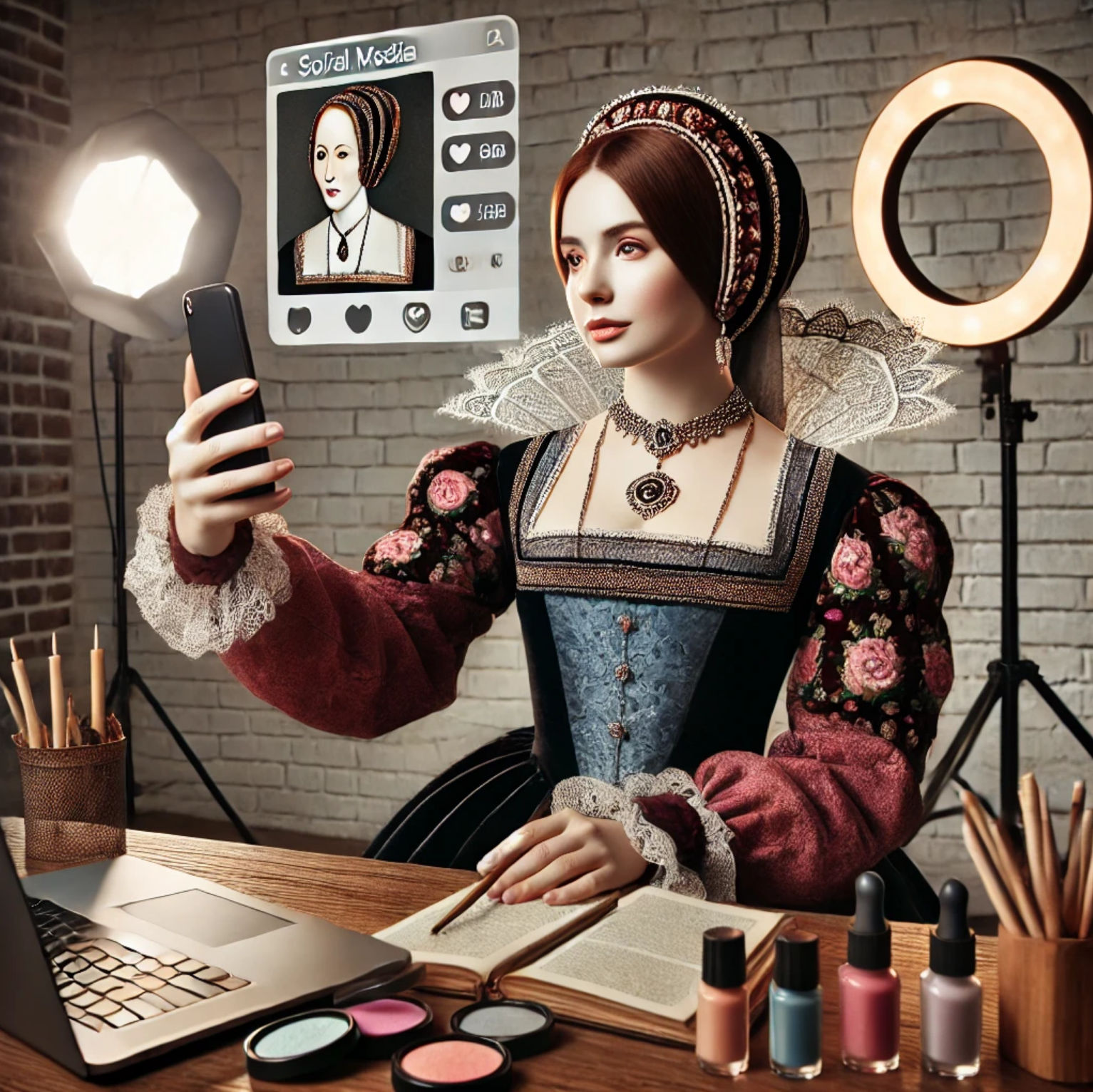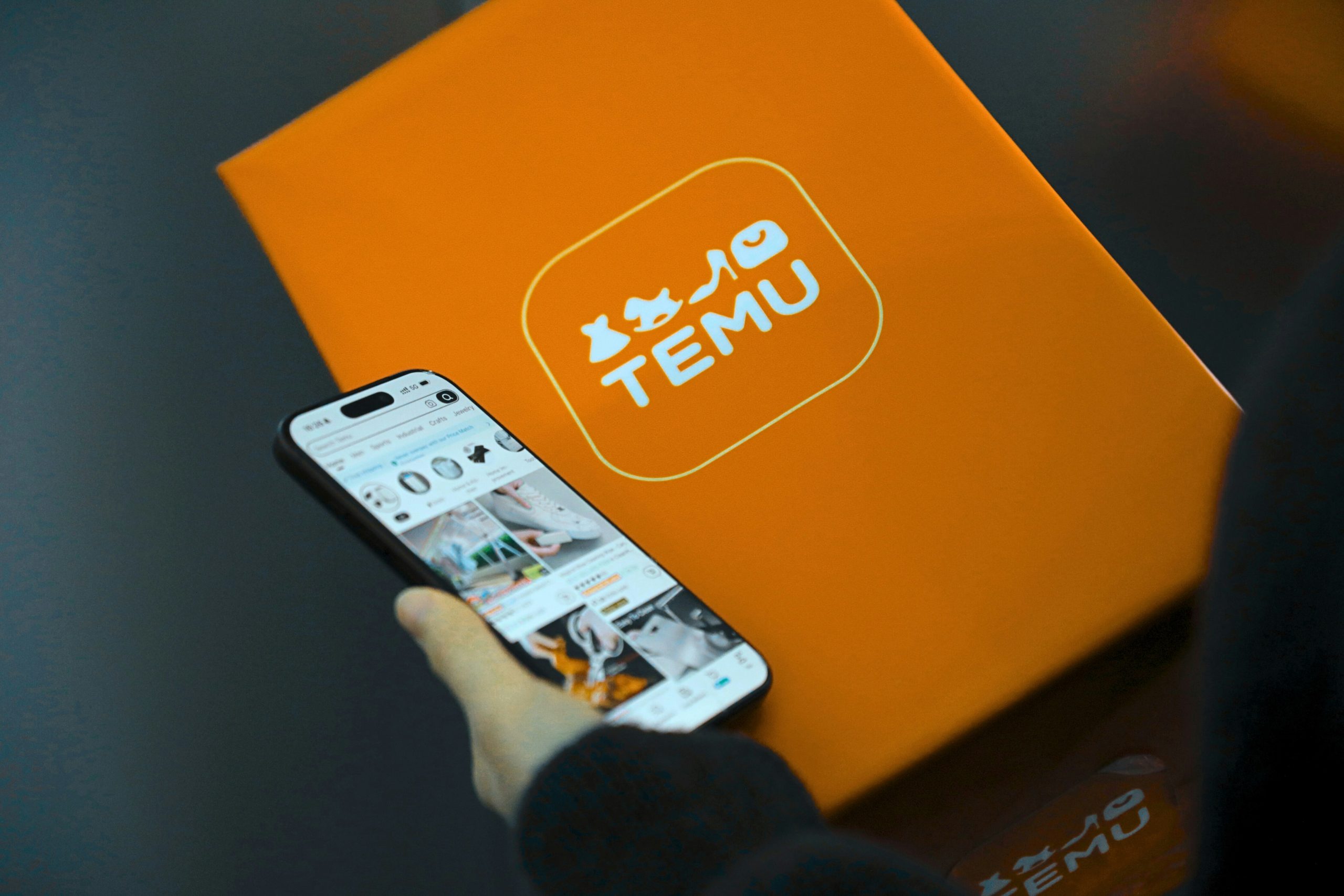From the advent of society, marketing has had a role in everyday life helping humans choose the best products to better their lives. Historically, people looked up to the upper classes to determine what was acceptable in society. In Tudor times, Anne Boleyn, notorious mistress (and later wife) of King Henry VIII, was credited with popularising French dress in the English court. White wedding dresses were not the norm until Queen Victoria famously wore a white dress to her nuptials with Prince Albert in 1840. Josiah Wedgewood and his distinctive pottery became a common household name because of an endorsement by King George III in the 1760s.
There are numerous examples in history where someone with influence favoured a product and that product became instantly desired. With the growth of digital society, marketing morphed from word-of-mouth and newspaper advertising to commercials on television, and today, social media. Popular products and ideas were able to disseminate into society much more efficiently through celebrity endorsements and cleverly placed products in popular TV shows and movies. But with the development of TikTok, a seemingly new form of marketing has emerged that has turned average people into superstar marketing agents known as ‘influencers.’
What is Influencer Marketing?
It is a collaboration between businesses and everyday people who have significant social media presences. It didn’t start with TikTok, however, influencer marketing has been around for hundreds of years. In the past few decades, the term has taken over the internet, starting with ‘Mommy Bloggers’ that frequented websites like LiveJournal and Blogger. Stay-at-home moms realised that they could generate an income outside of a 9 to 5 job in an office.
Everything from baby products to makeup, and even cars and technology were promoted by these early influencers from the comfort of their home. But looking back at these examples, one would hesitate to call them ‘influencers.’ Indeed, it is obvious when the term became more widely used as influencer was added to the Mirriam-Webster dictionary in 2019. So why has the term only become popular within the last few years when influencers have been around for much longer? One word: TikTok.
TikTok was released in 2016 and grew very quickly to be one of the leading social media platforms, particularly amongst the younger generations. TikTok allowed content to be consumed in short 30 second or less, bite-sized pieces. Whether TikTok appealed to the human need of delivering information designed for a short attention span or destroyed our attention spans is another debate entirely, but it cannot be argued that the app quickly revolutionised influence marketing.
Matter Communications, a Brand Elevation Agency, did a study that showed that ‘69% of respondents are likely to trust a friend, family member or influencer recommendation over information coming from a brand,’ and that ‘81% of respondents have either researched, purchased or considered purchasing a product or service after seeing friends, family or influencers post about it.’ And as television viewership declines in favour of online streaming, influencers are taking a prime role in the marketing of popular products.
The Future of Influencer Marketing
But, what about the future of influencer marketing? Recently, the leading news has been out of the United States who hopes to ban TikTok because of its supposed privacy issues with foreign nations. President Donald Trump has issued a temporary stay on the ban in hopes that an American company will step in to buy the popular platform. In the event this does not happen, however, it is likely that TikTok will lose its foothold in America within the next few months.
Forbes magazine has touched on other issues that may plague influencer marketing including another popular product: artificial intelligence. With the development of intelligent and complex AI, businesses have realised how cost-effective it is to use AI instead of relying on expensive human talent. One argument against AI is that no matter how sophisticated a computer may become, it will still lack the human element that most consumers look for when looking to purchase a product. It has been shown that ‘human influencers out-earn their AI counterparts by an average of 46 times.’ While AI can be an essential tool in marketing, businesses are still learning how to effectively marry the efficiency of AI to the personal aspect of the human touch.
Without a doubt, influencer marketing has changed marketing in the past decade with the advent of new technology. Just as humans have adapted and evolved to various forms of marketing historically, we will very likely continue to adapt as new technologies are introduced.



